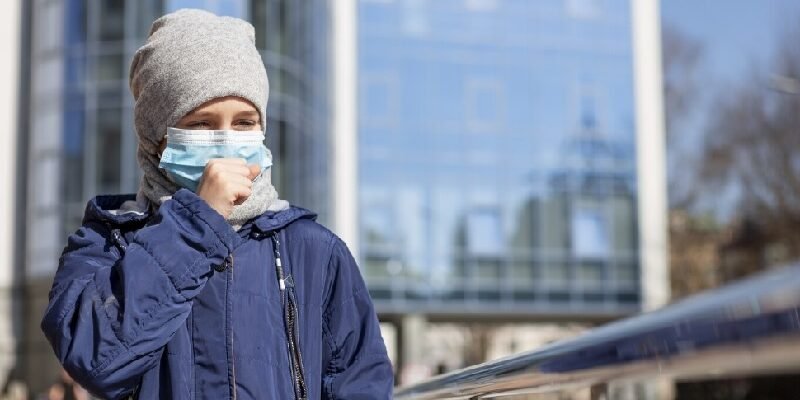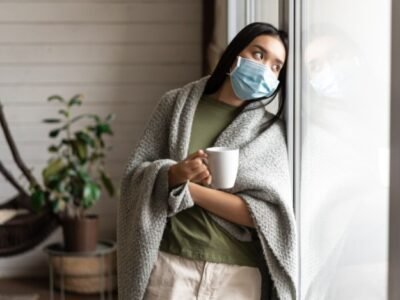
Environmental factors have a significant influence on health. One critical issue is air pollution, which has been definitively linked to increased illness and mortality rates across populations. Air pollution is an urgent public health crisis affecting millions worldwide. Understanding the health risks it poses and learning how to protect yourself are crucial steps everyone can take to reduce impacts on wellbeing.
Health Effects of Air Pollution
Some of the many adverse health effects associated with air pollution exposure include:
Respiratory Disease
- Asthma – air pollution triggers attacks and worsens symptoms
- COPD – pollution increases risk of developing chronic respiratory conditions
- Lung cancer – carcinogens in polluted air contribute to lung tumor growth
- Pulmonary infections – pollution impairs immune defenses, increasing risk of pneumonia, bronchitis
Cardiovascular Disease
- Heart attacks, stroke – pollution triggers atherosclerosis, blood clots, and irregular heart rhythms
- Heart failure – air pollutants damage the heart muscle and worsen pumping ability
- High blood pressure – pollution causes arterial constriction and stiffness raising blood pressure
Premature Death
- All-cause mortality – pollution significantly increases risk of dying from all causes
- Shortened lifespan – air pollution exposure reduces overall life expectancy
Even low levels of air pollution have health impacts. Studies worldwide have confirmed the link to increased hospitalizations, medical visits, school absences, lost productivity, and reduced quality of life.
Protecting Yourself from Air Pollution
Steps you can take to protect yourself from polluted air include:
- Monitor daily air quality reports and pollution levels in your area. Limit outdoor activities on high pollution days.
- Exercise indoors at a gym or participate in indoor sports when pollution levels are elevated outside.
- Avoid busy roads and highways during rush hour when pollution peaks.
- Choose routes for walking, biking, or running away from congested traffic areas whenever possible. Go early in the morning when pollution levels tend to be lower.
- Keep windows closed and use air conditioning while driving or riding in vehicles to avoid direct exposure to pollution. Install high-efficiency air filters in car ventilation systems.
- Consider wearing an effective face mask or respirator when pollution levels are high and you need to spend time outside. Look for N95, P95, or N100 rated masks.
- Use high-efficiency particulate air (HEPA) filters indoors, especially in sleeping areas, to remove indoor particulates.
- Eat a diet rich in antioxidants from fruits, vegetables, and whole grains which may help counteract oxidative damage from pollution.
- Support individual actions, local policies, and regulations aimed at reducing pollution from transportation, power generation, agriculture, and industry. Get involved with local environmental groups advocating for clean air.
Government and Policy Efforts to Reduce Air Pollution
Critical steps that governments and policy makers can take to lessen air pollution and its impact on public health include:
| Policy/Regulatory Area | Examples |
|---|---|
| Transportation | Tighter vehicle emissions standards, promotion of electric vehicles, investments in mass transit |
| Power Generation | Limits on emissions from coal plants, increased use of renewable energy sources like solar, wind, hydropower |
| Manufacturing/Industry | Stricter permitting and monitoring of pollutants, transition to cleaner production technologies |
| Agriculture | Regulations on agricultural burning, incentives for sustainable farming practices |
| Public Health | Improved tracking and reporting of pollution related illness/death, increased healthcare access for affected groups |
| Urban Planning | Restrictions on high-emission sources near homes, schools, residential areas |
Through a comprehensive, multi-sectoral approach targeting key pollution sources, governments can enact impactful policies that positively benefit human health.
Conclusion
Air pollution is a major threat to public health worldwide. The scientific evidence clearly demonstrates the harms it inflicts through increased respiratory illness, heart disease, cancer, and premature death. While pollution stems from many sources, effective solutions exist to combat this modern health crisis. Protect yourself through smart daily habits while advocating for broader policies that promote cleaner air for all. Our health depends on it.













